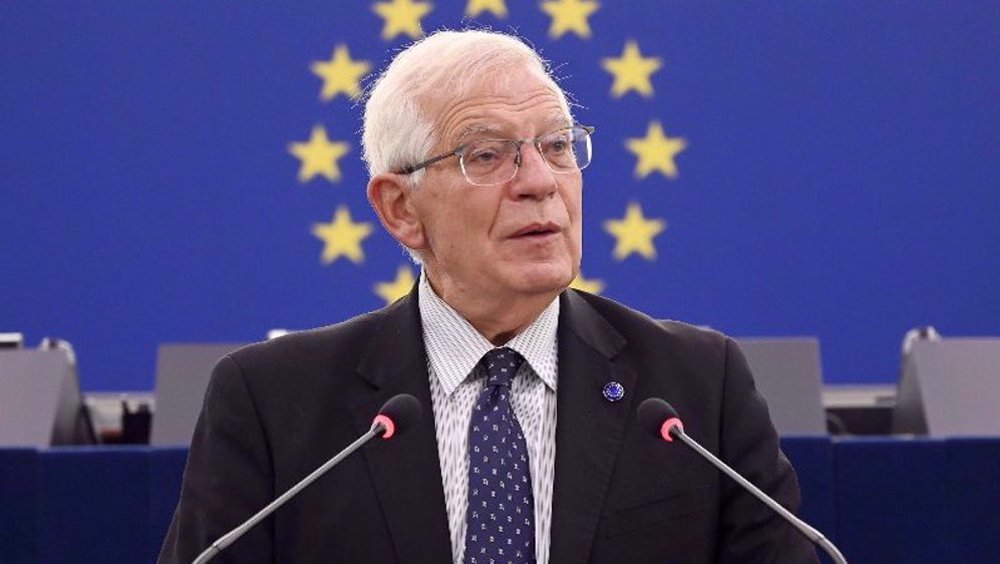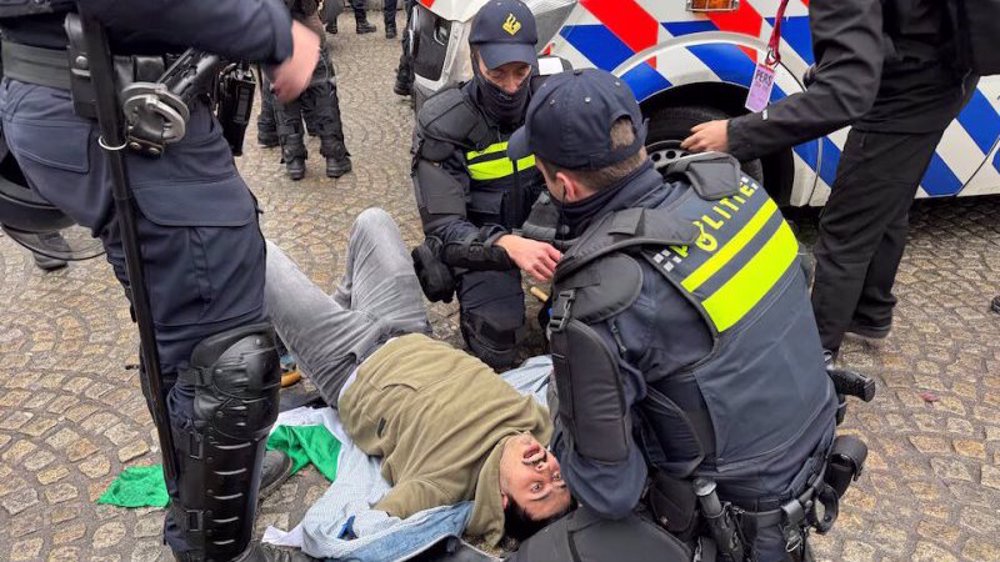Polls open in crucial Greece referendum
Greeks begin going to the polls in a crucial referendum that could determine the future of their country and, potentially, that of the single-currency bloc eurozone.
Almost 9.9 million Greeks are eligible to take part in the poll to decide whether or not the government in Athens should accept or reject the proposed bailout terms.
Greece has to choose whether to accept another tough austerity package proposed by the country’s international lenders – the European Commission, the European Central Bank (ECB) and the International Monetary Fund (IMF) – in return for fresh bailout loans, with opinion polls predicting a tight vote.
A Yes/No question with significant implications
Greek Prime Minister Alexis Tsipras has called for a ‘No’ vote in the plebiscite, rejecting speculations that such a move would endanger Greece’s place in the eurozone or in the European Union (EU).
“A ‘No’ vote does not signify a rupture with Europe, but a return to the Europe of values,” he has said.

However, opponents warn that a ‘No’ vote would see Greece ejected from the single currency bloc.
European Commission President Jean-Claude Juncker recently urged the Greeks to back the austerity package rejected by their government, saying a ‘No’ vote in Sunday’s poll would mean Greece was turning its back on the EU.
Though a so-called Grexit is far from certain, Greece’s potential exit from the eurozone could shake the foundation of the entire single-currency bloc by setting a dangerous precedent for other cash-strapped members.
A ‘Yes’ vote, on the other hand, could force the government to adapt itself to the demands of the international creditors.
An economy hanging on the cliff?
Greece joined the single-currency bloc eurozone on January 1, 2001. It took almost a year for the global financial crisis of 2008 to take its toll on Greece’s economy. Years of unbridled public spending by the previous Greek governments left the country in economic tatters.
Following its 2009 economic crisis, Greece received two bailouts worth a total of EUR 240 billion (USD 272 billion) in 2010 and 2012 from its creditors.
In return for the bailouts, Athens committed to implementing eye-watering austerity measures, which in return elicited a public outcry. Weary of the increasing economic hardships, Greeks voted the leftist anti-austerity Syriza Party into office in January 2015.

The new government, led by Prime Minister Alexis Tsipras, began attempting to change the trend based on which Athens would receive bailouts in return for unpopular economic reforms. Tsipras and his self-styled Finance Minister Yanis Varoufakis engaged in negotiations with Greece’s creditors hoping to have the lenders’ demands softened, but to no avail.
Talks over a last disbursement of bailouts deadlocked. Greece subsequently found no money in its coffers to pay off its debt to the IMF, thereby defaulting on a EUR 1.5-billion debt payment on June 30.
Faced with the economically unsustainable situation, Tsipras called the referendum.
Saying yes to ‘No’ voters
Meanwhile, demonstrators have been gathering in Australia, Ireland, Portugal, Germany, France, Belgium, and Italy in solidarity with Greeks and against the proposed bailout terms.

Rally organizers in Brussels say more than 5,000 people gathered to “demonstrate their solidarity with the Greek people, and their opposition to the politics of austerity and looting.”
SSM/SZH/MKA/HJL
US vetoing of Gaza ceasefire resolution ‘disgraceful’: Iran’s UN envoy
VIDEO | IAEA adopts anti-Iran resolution tabled by E3
VIDEO | Iran's president urges Pope to help end Israel's onslaught in Gaza
Iran's senior legal official: ICC arrest warrant for Netanyahu ‘great victory'
Nov. 21: ‘Axis of Resistance’ operations against Israeli occupation
VIDEO | Israeli forces storm West Bank’s Jenin again, target civilians
Iran activates advanced centrifuges after IAEA's 'unjust' resolution
VIDEO | Press TV's news headlines










 This makes it easy to access the Press TV website
This makes it easy to access the Press TV website